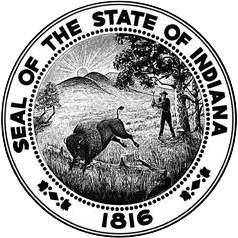Assessment literacy refers to the knowledge, skills, and process associated with designing, selecting, implementing, scoring, and/or using high-quality assessments to improve student learning (U.S. Department of Education).
Assessment literacy includes three big ideas: What someone knows about assessment, what someone believes about assessment, and what someone does with assessment.
- An Assessment Literate Individual
- Understands the types and purposes of assessment;
- Believes that assessment is an essential part of teaching and learning;
- Utilizes data to drive informed decision-making for the success of every child.
- Assessment is a vital part of teaching and learning. When used as intended, assessments
- Inform action by removing “guess-work;”
- Support curricular and instructional improvements; and
- Support student learning.
| Assessment Literacy Resources | |
|---|---|
| Why Is It Important to Assess? | Why do we assess students? What can different stakeholders take away from assessment data? This resource explains the purpose of assessment and how it encourages informed decision-making by many parties. |
| Understanding Statewide Assessments | Learn about statewide assessments (including federal requirements), how educators are involved in the test development process, what resources are available, how the results of these assessments are used, and more. |
| Implementing a System of Assessments | How can I use strategies from formative and summative assessments to contribute to measuring student progress? |
| Assessment Development and Classroom Assessment Practices | How are strong summative assessments created? This infographic describes the processes used to create statewide assessments and how those processes can be integrated into the development of classroom assessments. |
| Creating & Analyzing Quality Classroom Assessments | Consider the foundations and goals that contribute to strong classroom assessments, including Depth of Knowledge (DoK) principles and applying assessment literacy. |
Please contact IDOE’s Office of Student Assessment via email at INassessments@doe.in.gov or phone at 317-232-9050 with any questions regarding statewide assessments and assessment literacy.
